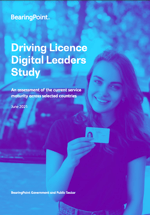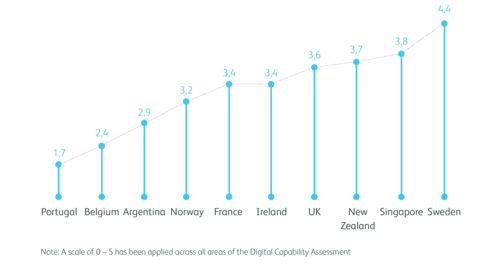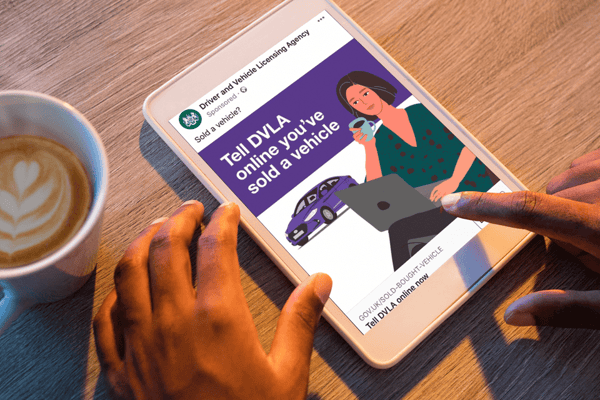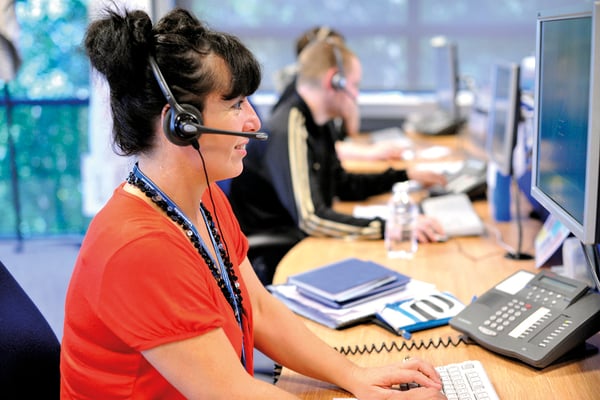DVLA ranked 4th in international driving licensing benchmarking report
A new study assessing the digital maturity of driving license services in 19 countries around the globe has ranked the UK's DVLA fourth for 'digital maturity', behind Sweden, Singapore and New Zealand.
 The Driving Licence Digital Leaders Study identifies both constraints and potential opportunities that may exist as countries transition to higher levels of digitalisation and overall service maturity.
The Driving Licence Digital Leaders Study identifies both constraints and potential opportunities that may exist as countries transition to higher levels of digitalisation and overall service maturity.
According to the study, Sweden stood out in the analysis as the only country classified at level four (on a scale from one – lowest level – to five – highest level) in the service maturity assessment; Sweden also outscored all other countries in the digital maturity assessment.
 “We looked at the common service design features, unique service elements and digital innovations in the provision of driving licence services to citizens,” says Andrew Montgomery, Global Leader Government and Public Sector at BearingPoint, the company that published the report. "Key trends like digital identity and online usability are driving the transformation of services across the globe. In this study, we give people insights into the common service design features, the unique service elements, and the digital innovations that will become the norm in the new normal.”
“We looked at the common service design features, unique service elements and digital innovations in the provision of driving licence services to citizens,” says Andrew Montgomery, Global Leader Government and Public Sector at BearingPoint, the company that published the report. "Key trends like digital identity and online usability are driving the transformation of services across the globe. In this study, we give people insights into the common service design features, the unique service elements, and the digital innovations that will become the norm in the new normal.”
Like many countries, the United Kingdom offers a partial online service for the theory and driving tests whereby applicants can book their tests online but must attend an office to physically complete both the theory test on a computer and the driving test in a car.
A positive feature cited by the study was that when an applicant passes their driving test, DVLA has an automated process to receive their physical Driving Licence card.
There is no need for applicants to attend an office, submit any documentation or have a photograph taken, once the driving test is passed, the newly qualified driver relinquishes their learners permit to the driving test invigilator and the Driving Licence is posted to the driver within approximately three weeks.

DVLA was also singled out for its early stage trials to enable people to do the theory test digitally in a way that is secure and valid, to create a theory test fit for the future. The proof of concept combined emerging technologies like AI, and existing solutions such as voice recognition and key stoke analysis to create a prototype that would improve users’ experience by allowing them to take the test remotely.
According to the report this has given the DVLA a roadmap to a digital version of the theory test that is realistic and achievable giving them the confidence to say 'we see a future where the theory test is something you take, not somewhere you go.'





